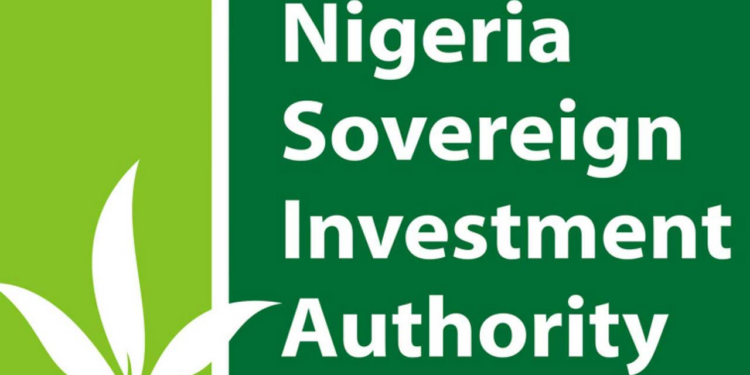The Nigeria Sovereign Investment Authority (NSIA) has attributed the continuous hike in the prices of fertiliser products in the local market to multiple problems of exchange rate fluctuation, high inflation rate that is currently at 33.4 percent and the cost of transportation of the products from the factory to the end users.
NSIA disclosed this yesterday at the Presidential Fertilizer Initiative (PFI-NPK) stakeholders’ roundtable themed ‘The Presidential Fertilizer Initiative: Imperatives for Food Security’. NSIA’s team lead for the project, Mr Iruwansi Itoandon said the logistics for the movement of fertilisation costs about N60,000 per ton. “That is what you have to add,” he said.
He said the retail price of fertiliser is determined by domestic and external factors, some of which are not controlled by the authority.
President of Fertiliser Producers and Suppliers Association of Nigeria, Sadiq Kassim said the standard price from the factory is between N29,000 and N32,000 depending on the factory’s location and the order’s destination.
According to some stakeholders at the meeting yesterday, the price of 50kg of generic MPK fertiliser (both MPK 20.10.10) sells for between N46,000 and N54,000.
The PFI was conceived to address challenges in Nigeria’s fertiliser sector, which had long been hampered by inefficiencies and an over-reliance on imports.
To date, the initiative has delivered 90 million bags of locally blended high-quality fertilisers to farmers. Notably, despite the disruption of supply chains during global events such as the COVID-19 pandemic and the Russia-Ukraine war, the initiative ensured a steady supply of fertilisers across the country. Still, the impact of foreign exchange fluctuations on key imported raw materials persists in exacerbating cost pressures, adding another layer of complexity to the value chain. Recognizing these challenges, the NSIA is actively working with its partners to ensure that the PFI continues to deliver on its mission to support Nigeria’s agricultural sector.
Managing director and CEO of NSIA, Aminu Umar-Sadiq, represented by head, corporate planning, Sybil Etuk said PFI aligns with the authority’s mandate to strengthen the agricultural sector, uphold import substitution as a critical lever for National development and ultimately create shared value for all stakeholders.
Meanwhile, the Ministry of Finance Incorporated (MoFI) has said it is planning to convert the PFI into a company with all the structures of a corporate organisation for the greater achievement of its objectives.
“We are planning to make it into a company because noting that it’s an initiative, it will not reach the level we are all now praying or imagining it will be so that is why I initially said corporate governance and what this means is we are going to set a well-fledged company with a strong board consisting of people that know what they are doing in the industry to manage this fertiliser business/production very well that will satisfy all,” executive director, portfolio management at MoFI, Tajudeen Datti Ahmed stated.
FEPSAN president proposed that the PFI, with FEPSAN, establish a fertiliser institute to build the technical and financial capacity of players within the ecosystem.
“As we celebrate the PFI’s achievements in improving agricultural productivity and bolstering food security, greater inter-agency collaboration is envisioned to direct the initiative into full private sector control for its continued success and the sustained development of our country Nigeria,” he said.



